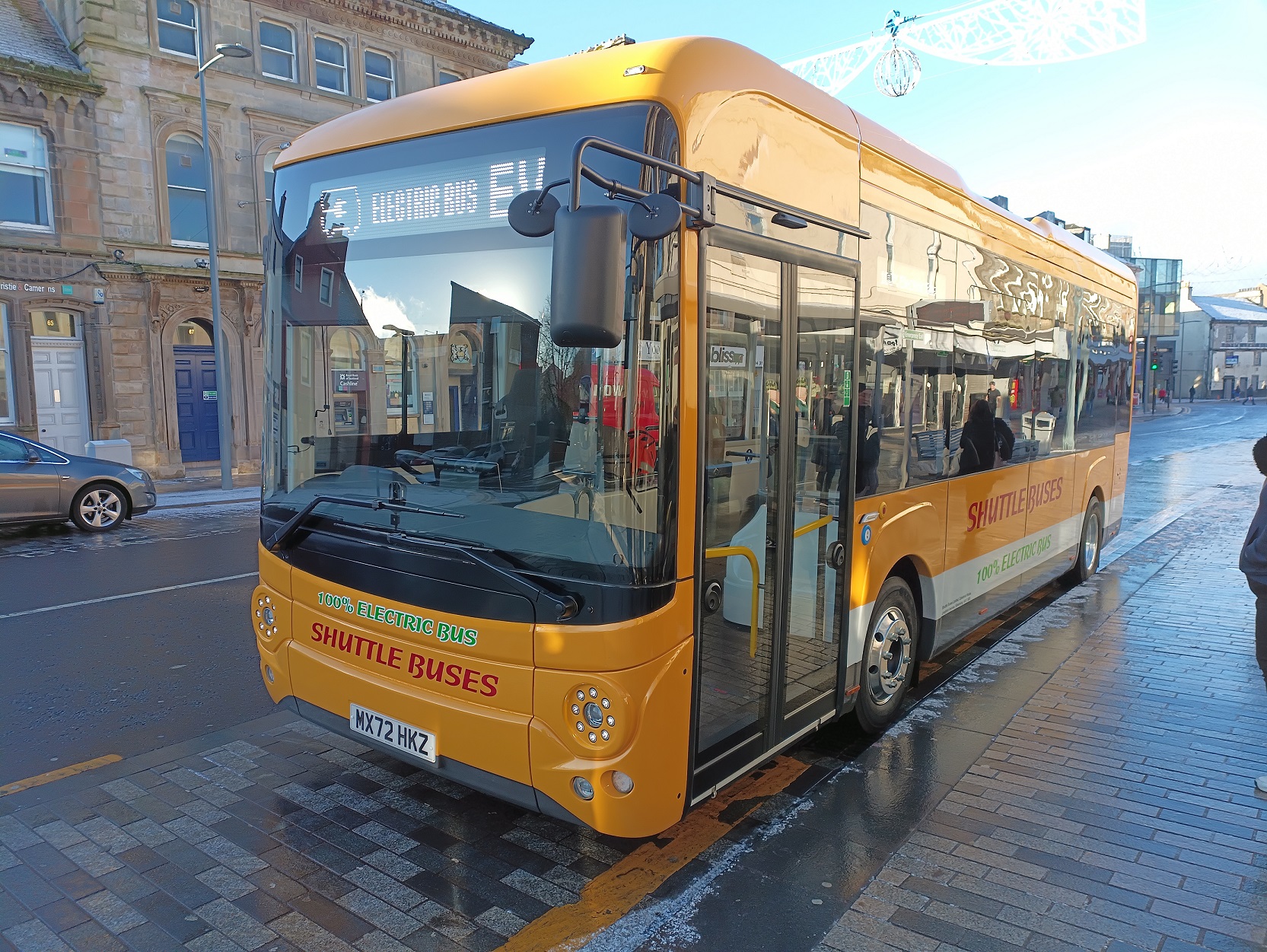Three representative bodies have called upon the European Commission (EC) to support proposals to change how EU regulations on driving times and rest periods are applied to coach drivers in the tourism segment. They believe that the amendments would support the ongoing recovery of that sector and better reflect the nature of such driving jobs.
The European Tourism Association, the European Travel Agents and Tour Operators in Europe Association and the International Road Transport Union (IRU) are cosignatories of a letter sent in February to EC Commissioner for Transport Adina Valean underlining the request.
It notes that the Commission has a regulatory obligation to assess and report upon what the bodies term “mode adequate” rules for drivers involved in the occasional carriage of passengers. That task began in 2022 and it was a requirement of the Mobility Package, which largely focused on the freight sector. Coach tourism was included in that previous engagement, but no concrete progress was made in setting segment-specific rules.
Precise details of what is called for by the three trade bodies have not been published, but an IRU spokesperson says that the proposals have been developed based on a Europe-wide consultation of members. They are understood to relate to:
- Changes to the current 12-day derogation to make it more flexible for national transport
- A one-hour extension of the maximum daily duty time on a limited basis
- Adaptation of how the 45-minute break from driving may be split (such as into three 15-minute periods)
- Scope to use the derogation for exceptional circumstances when relating to passengers’ wellbeing
- Revisions to split daily rests and reference periods around reduced weekly rests.
There is no guarantee that any of the proposals will be enacted, and nor that they would hold any weight in the UK if change is made. However, in 2022 the Department for Transport agreed to enact certain parts of the earlier Mobility Package.
Presently, the need for coach tourism drivers to observe the same hours rules as drivers of HGVs despite those jobs being much different is not ideal, the three bodies say. They note that a coach tourism driver breaks their journeys more often and spends time awaiting passengers at attractions.
That is countered by sometimes long-distance trips at the start and finish of tours, but the organisations believe that “targeted and specific driving and rest time provisions for coach tourism would allow staff to better react to situations during their trips while also significantly reducing stress generated by rules unfit for such transport.”
There is a probability that the EC is unlikely to take all the trade bodies’ motions for coach tourism drivers into its proposal to legislators. But the IRU spokesperson says that evidence of a changed approach has been seen from the Commission over the past year, largely based on the acknowledged safety of coach transport.
However, they accept that additional discussion and explanation would be needed with enforcement authorities to ensure enforceability of any of the changes. The Commission is expected to publish its proposal on 29 March.
IRU is one of two bodies to recently have called for the abolition of the 50km, regular service restriction placed on young PSV drivers, where it applies.



























